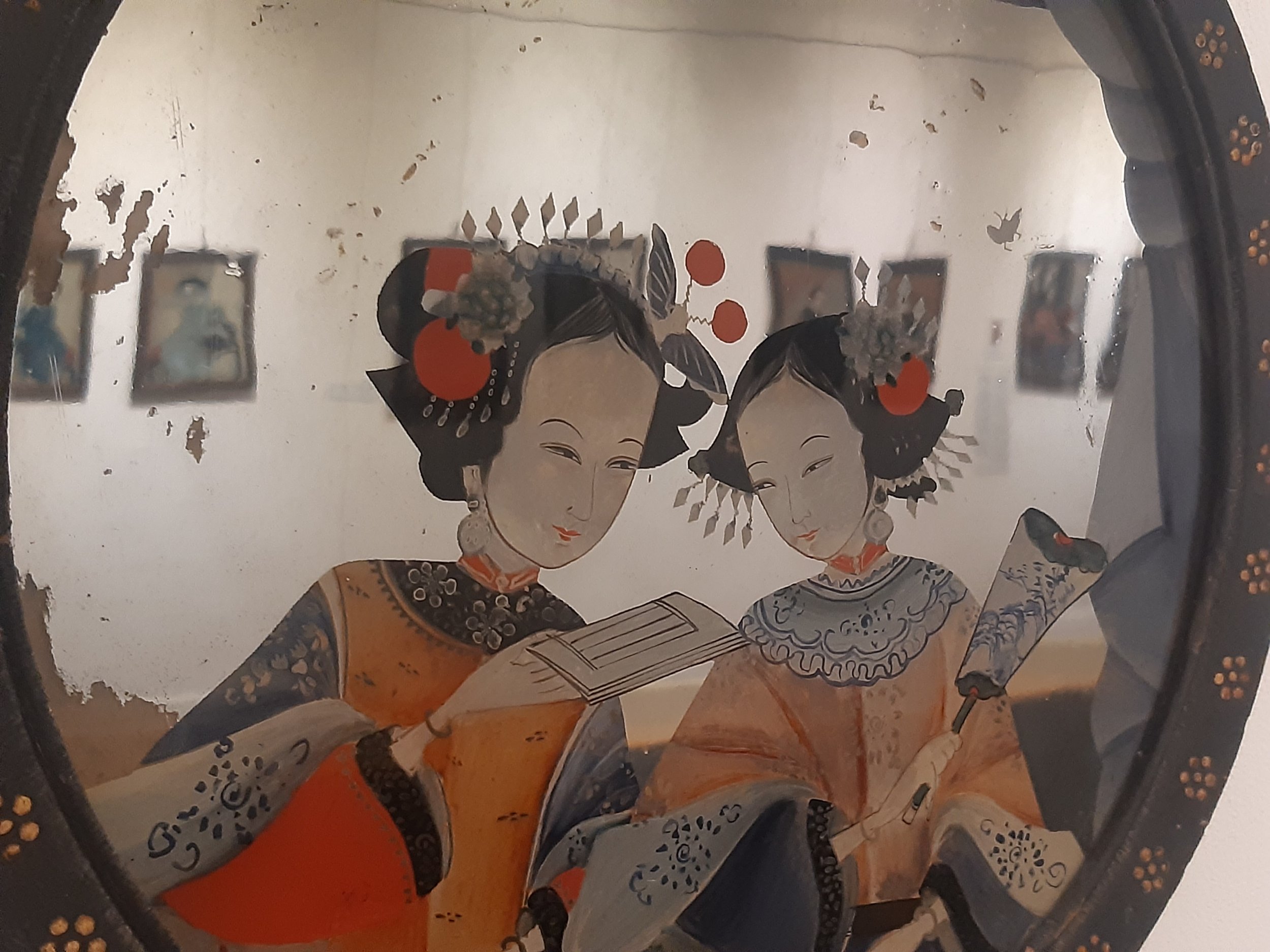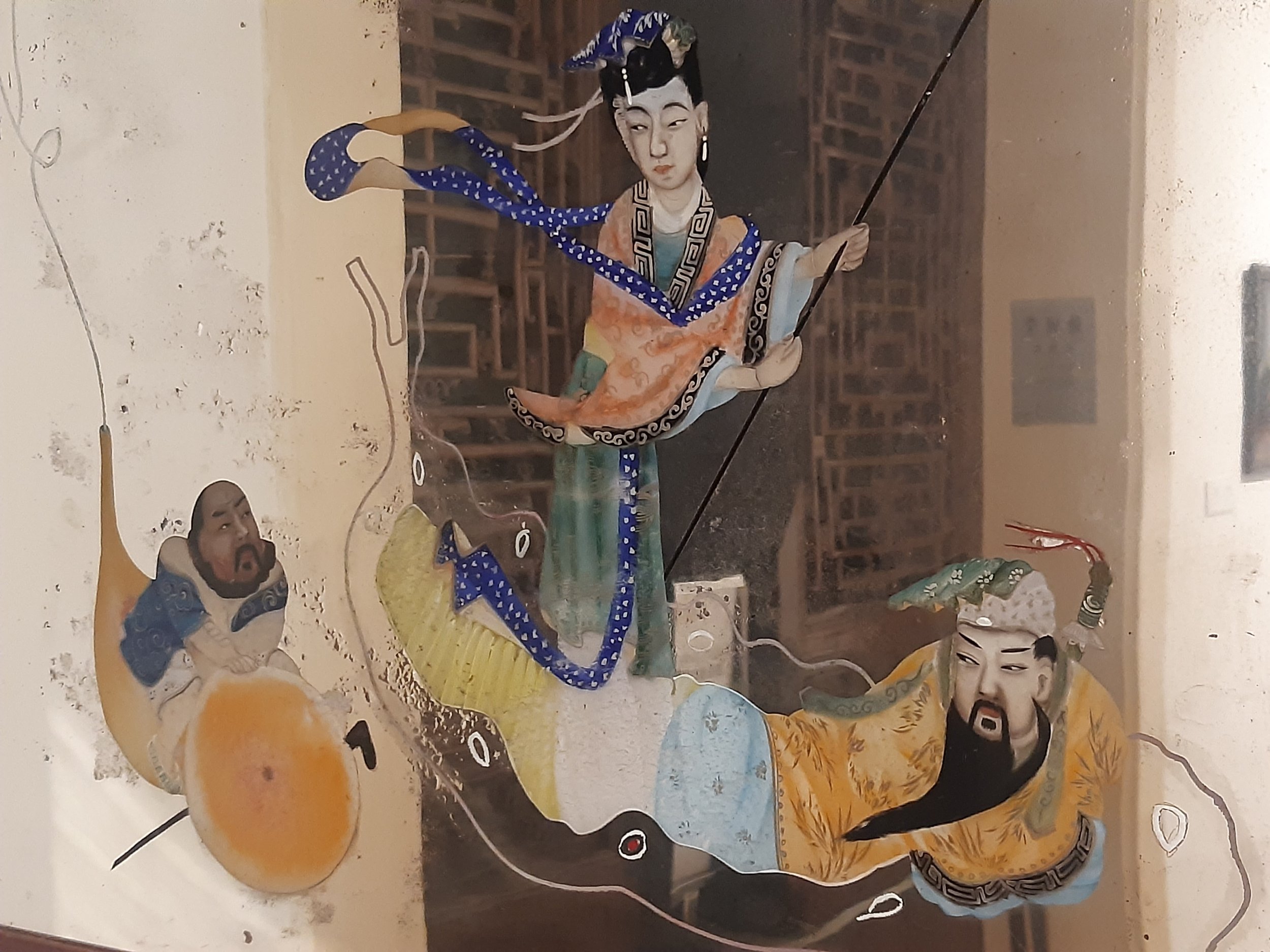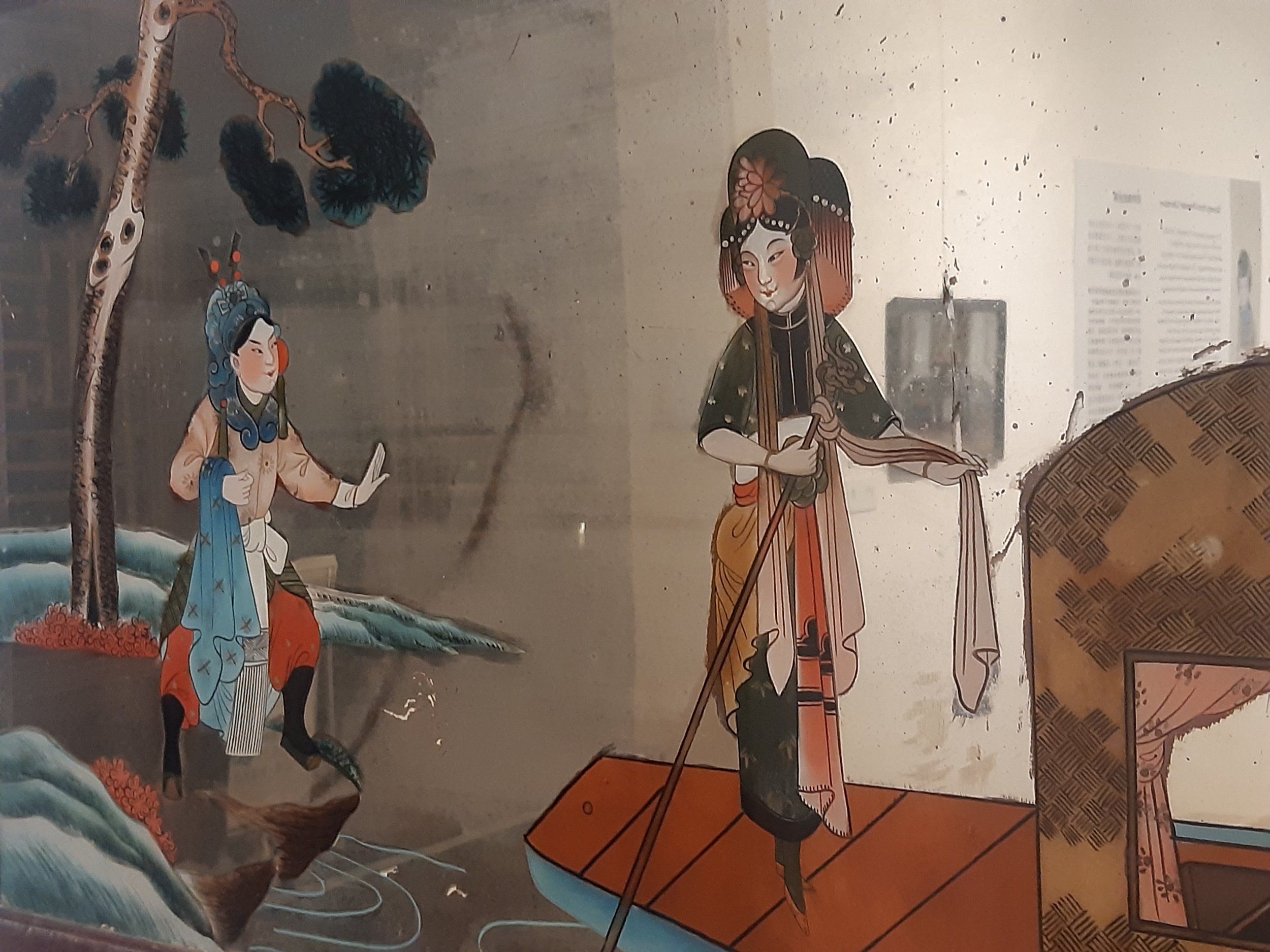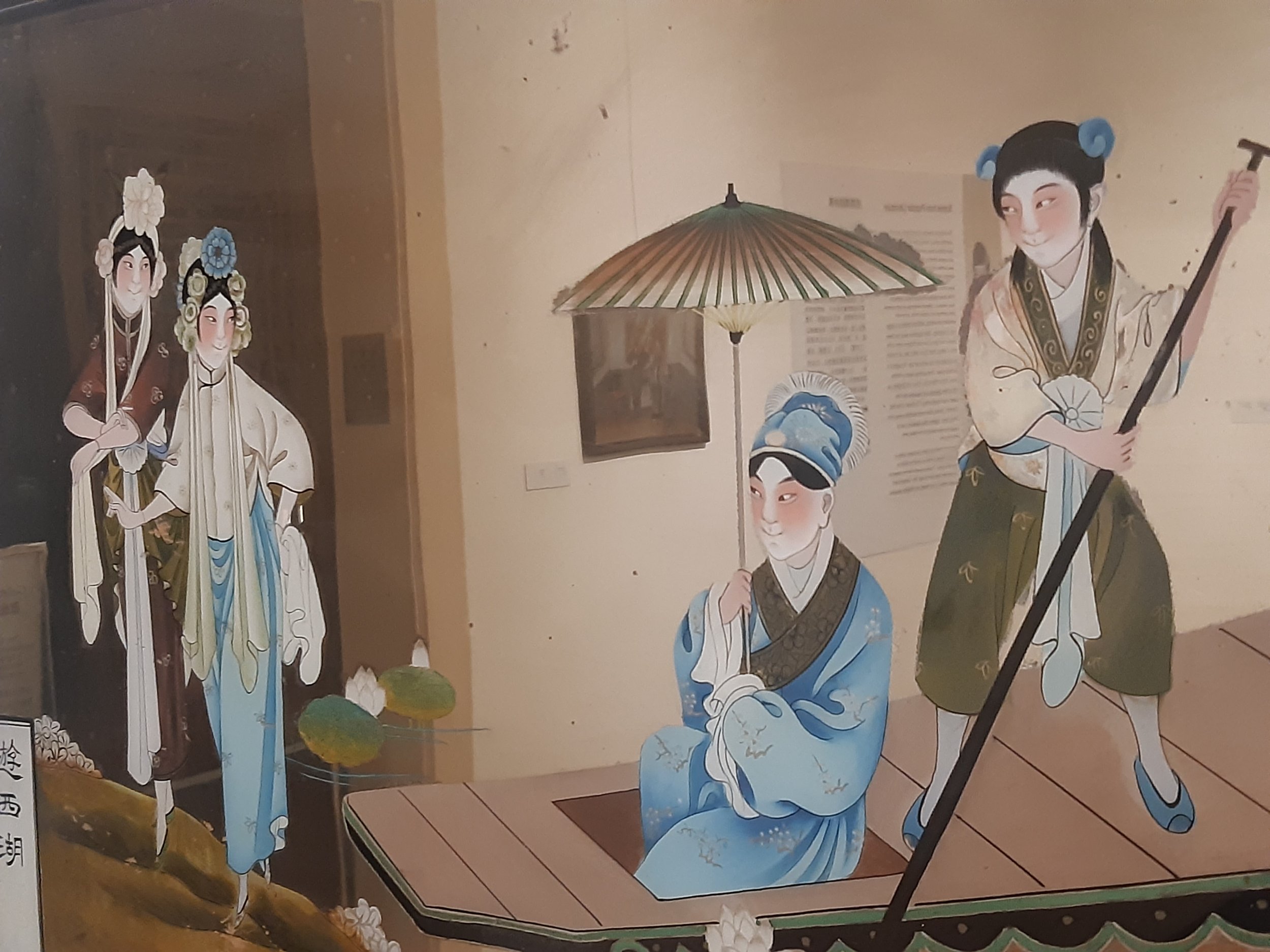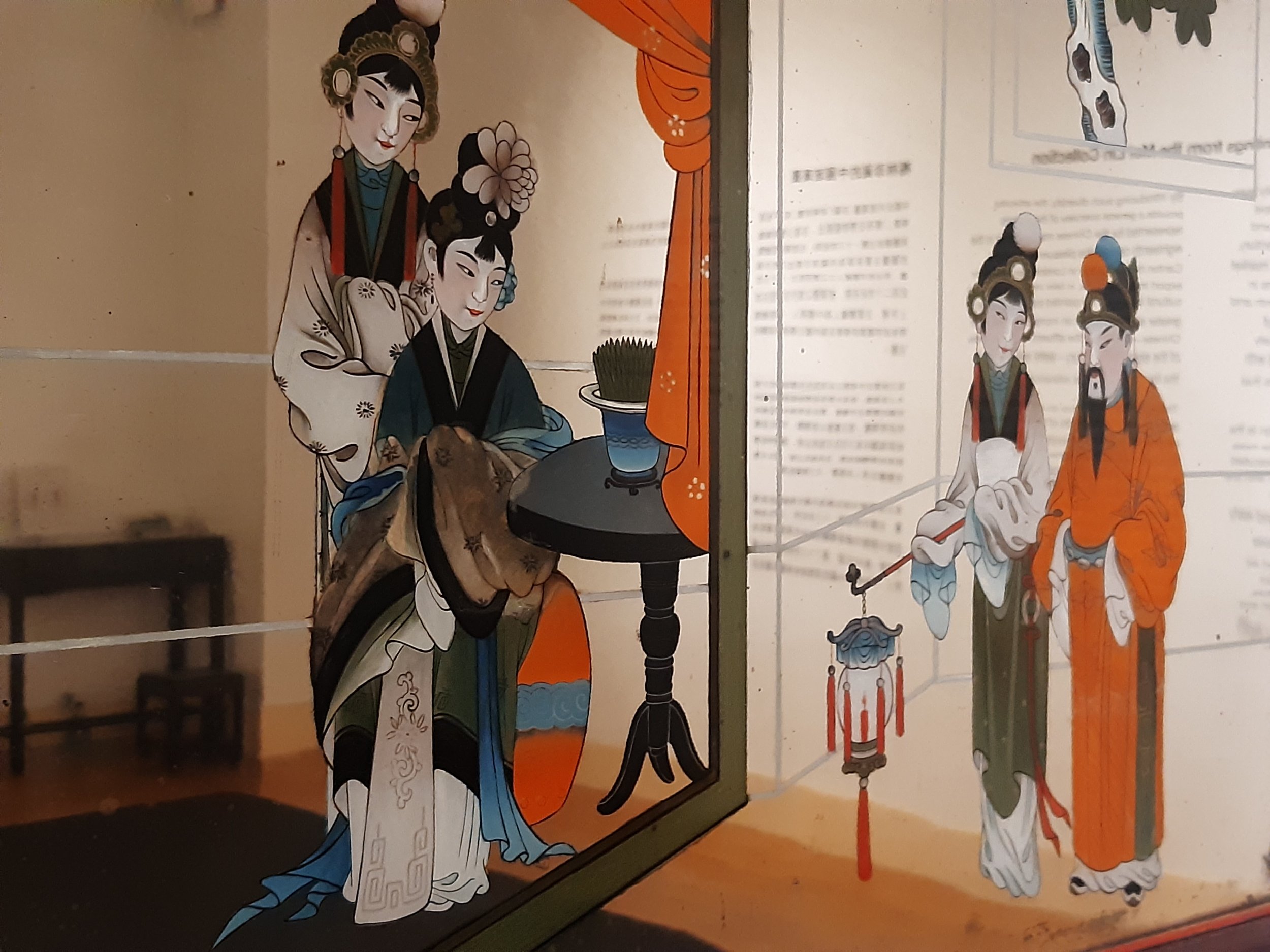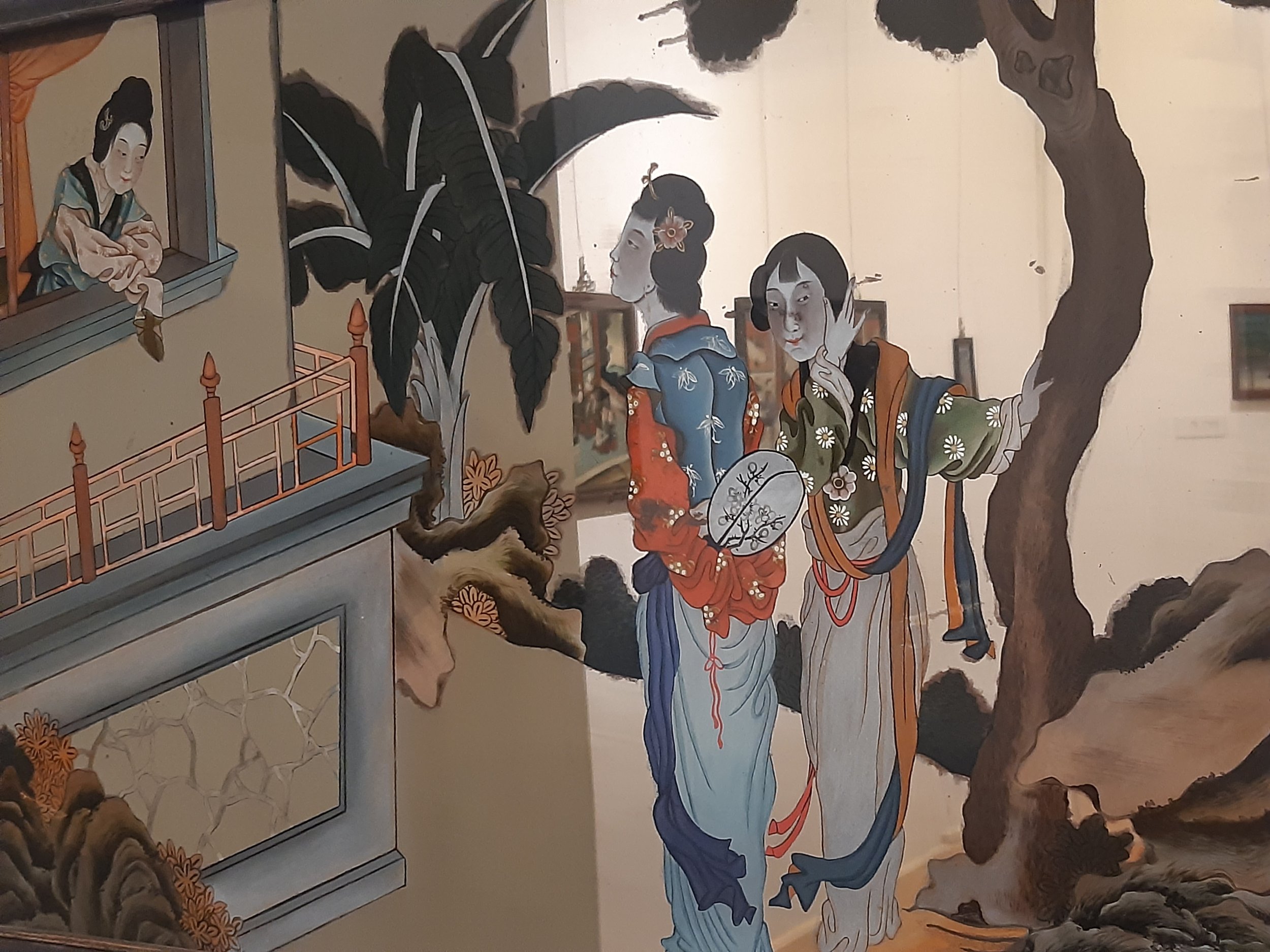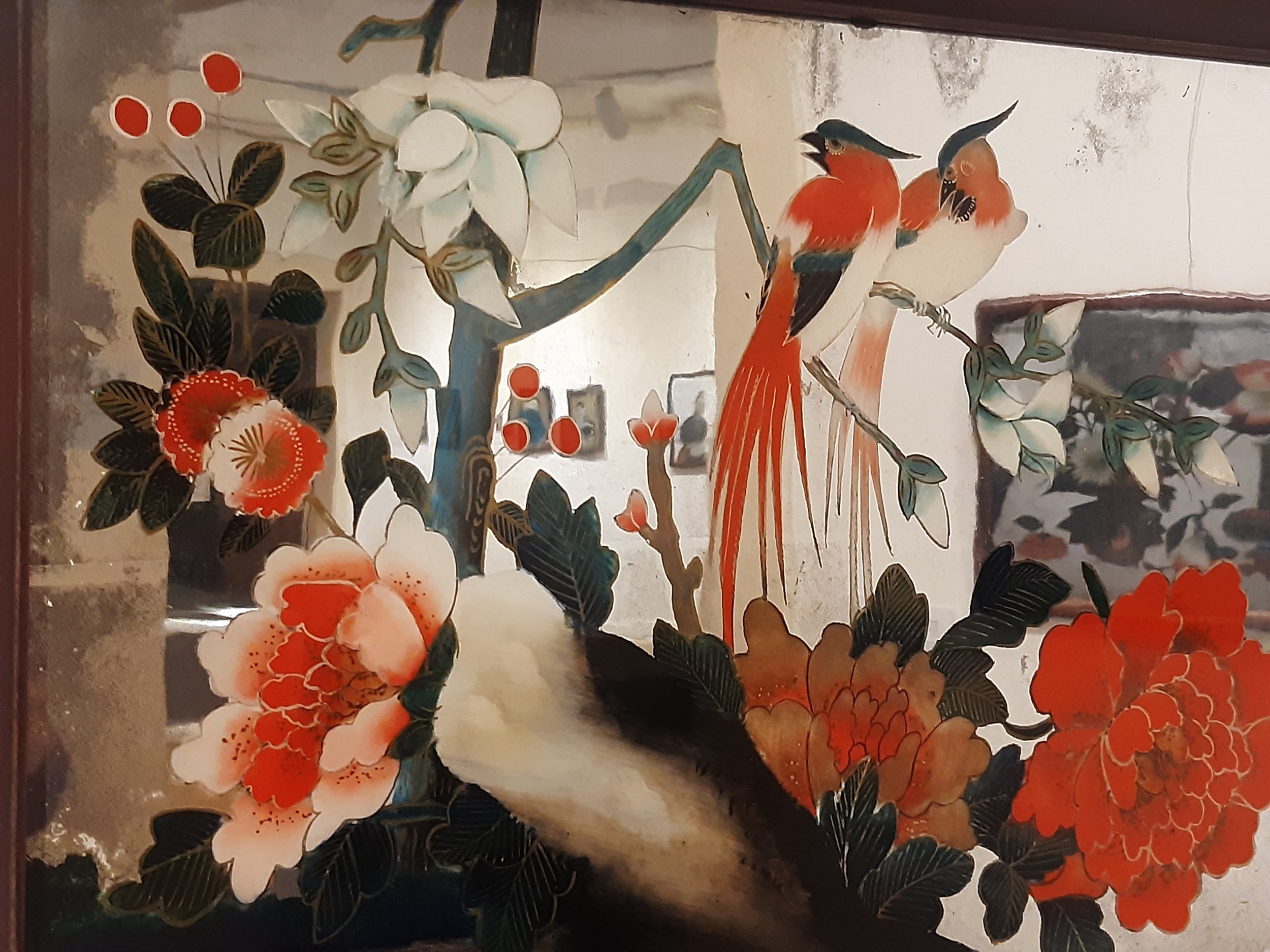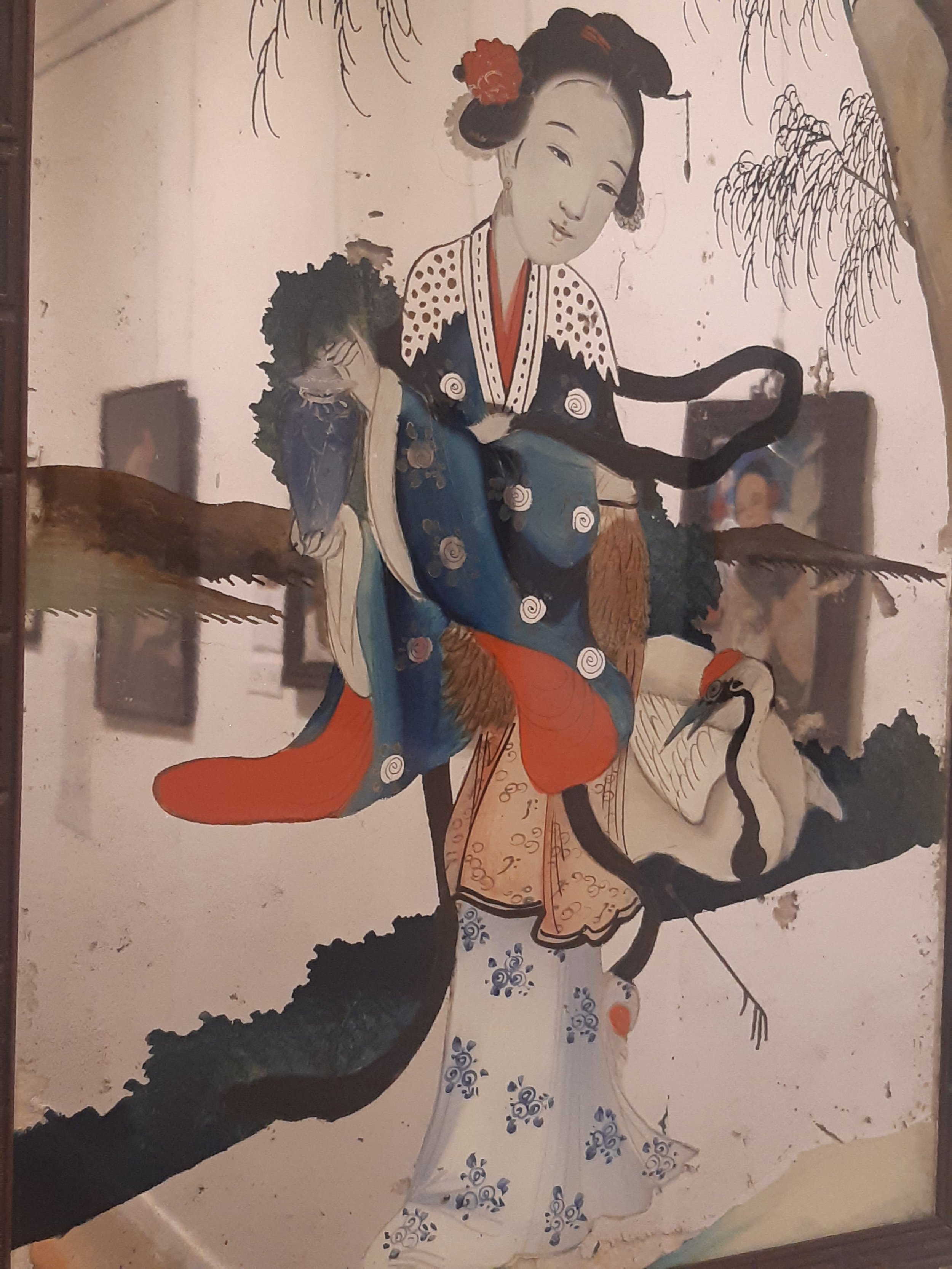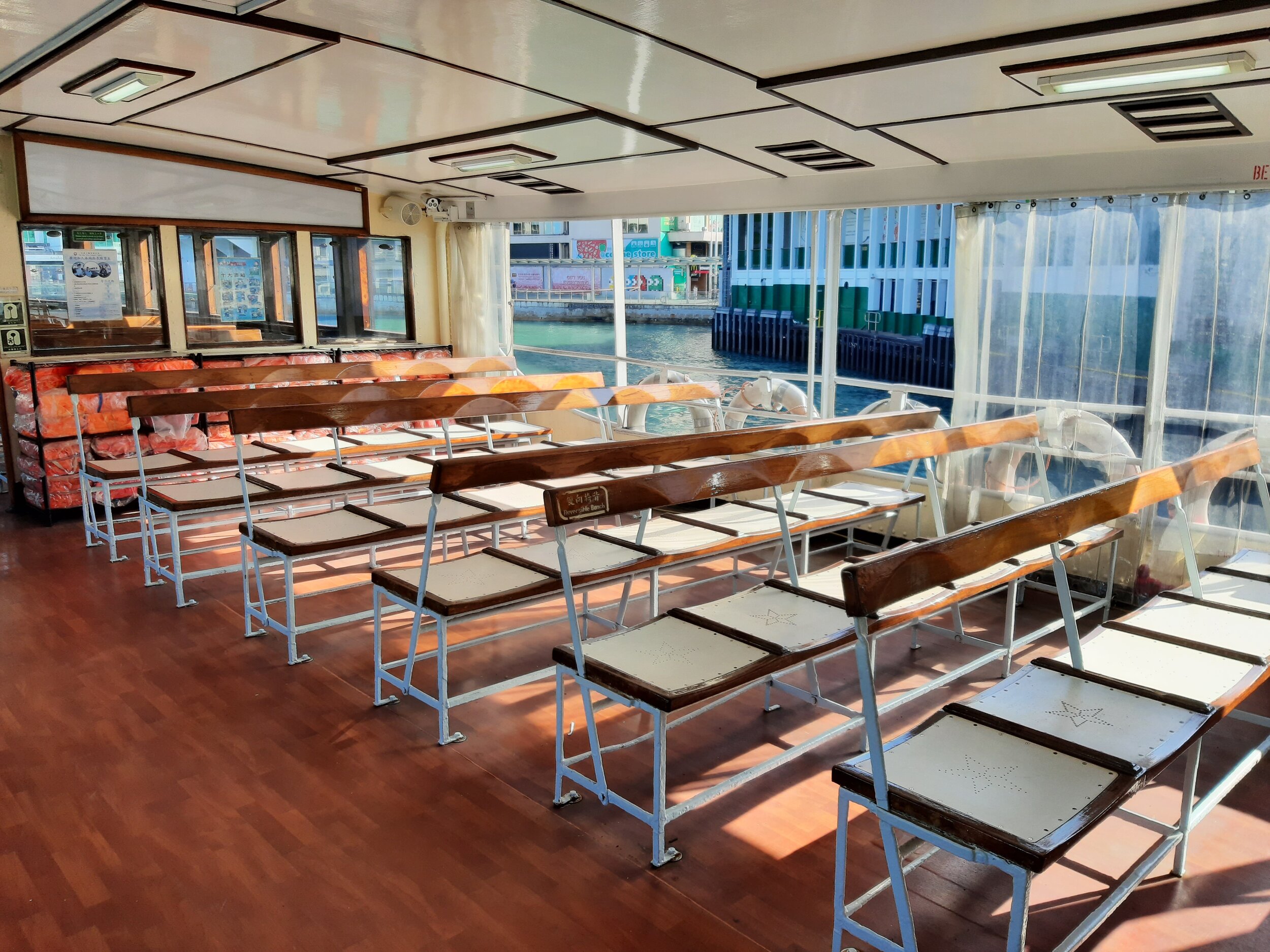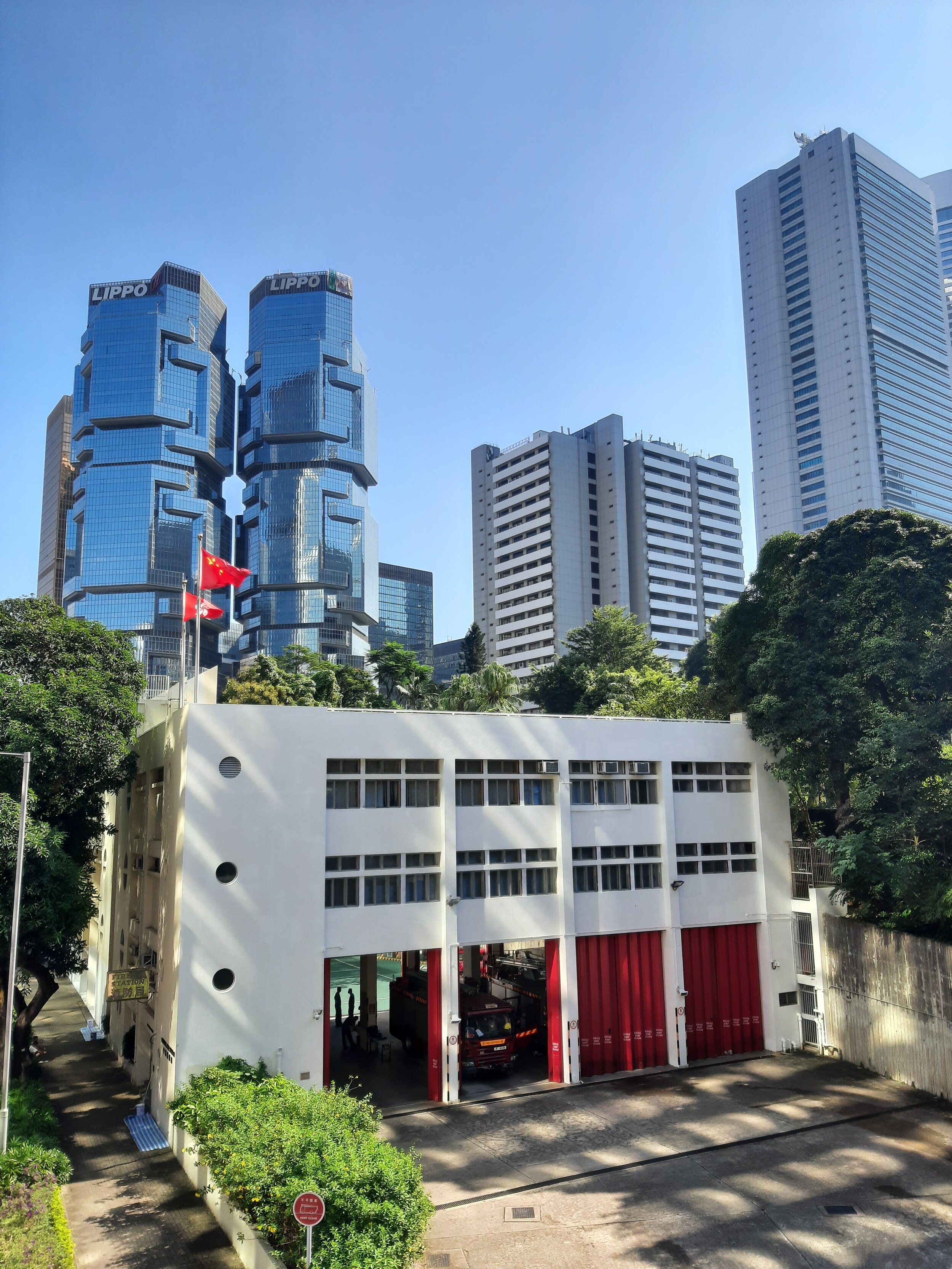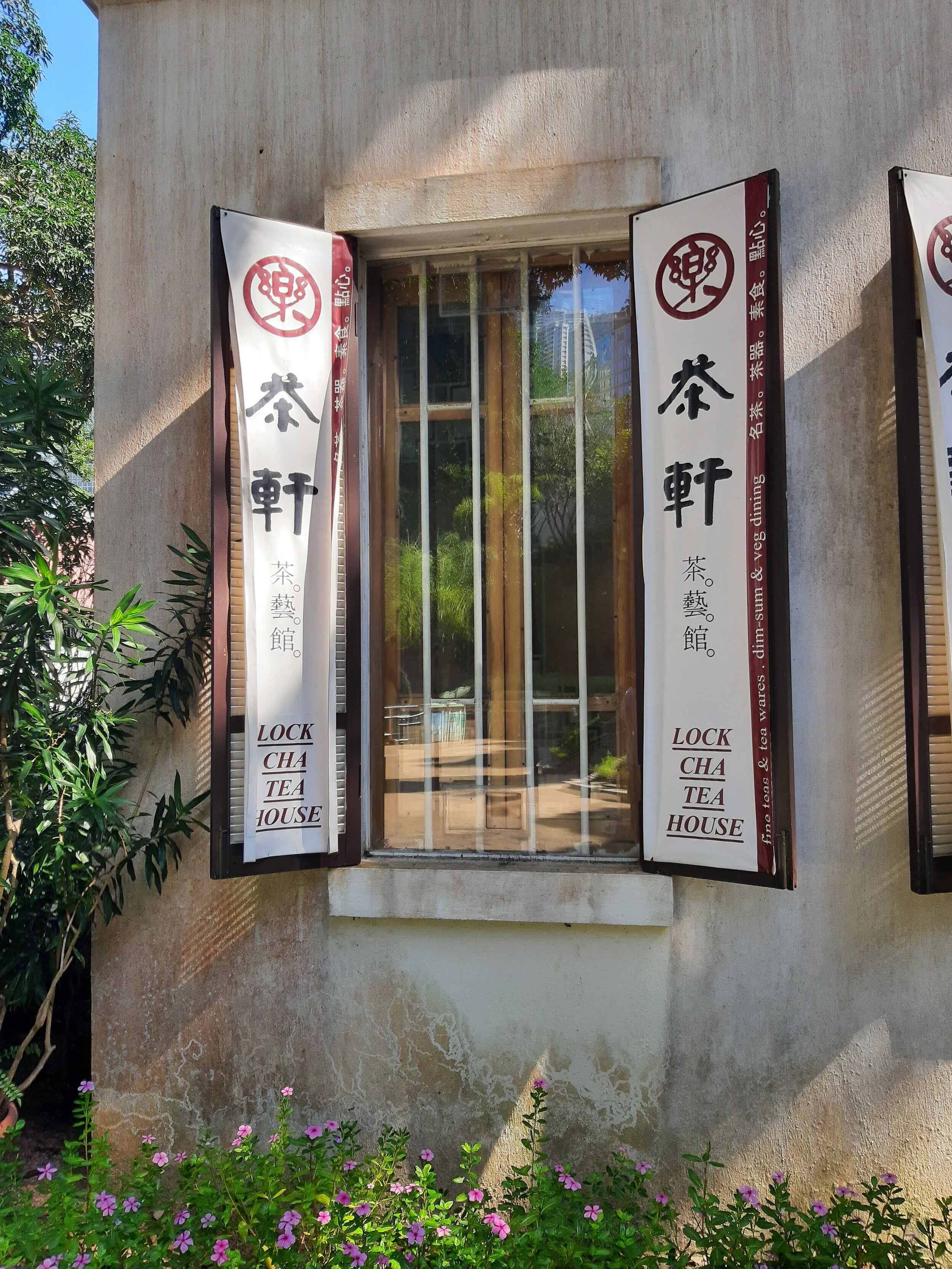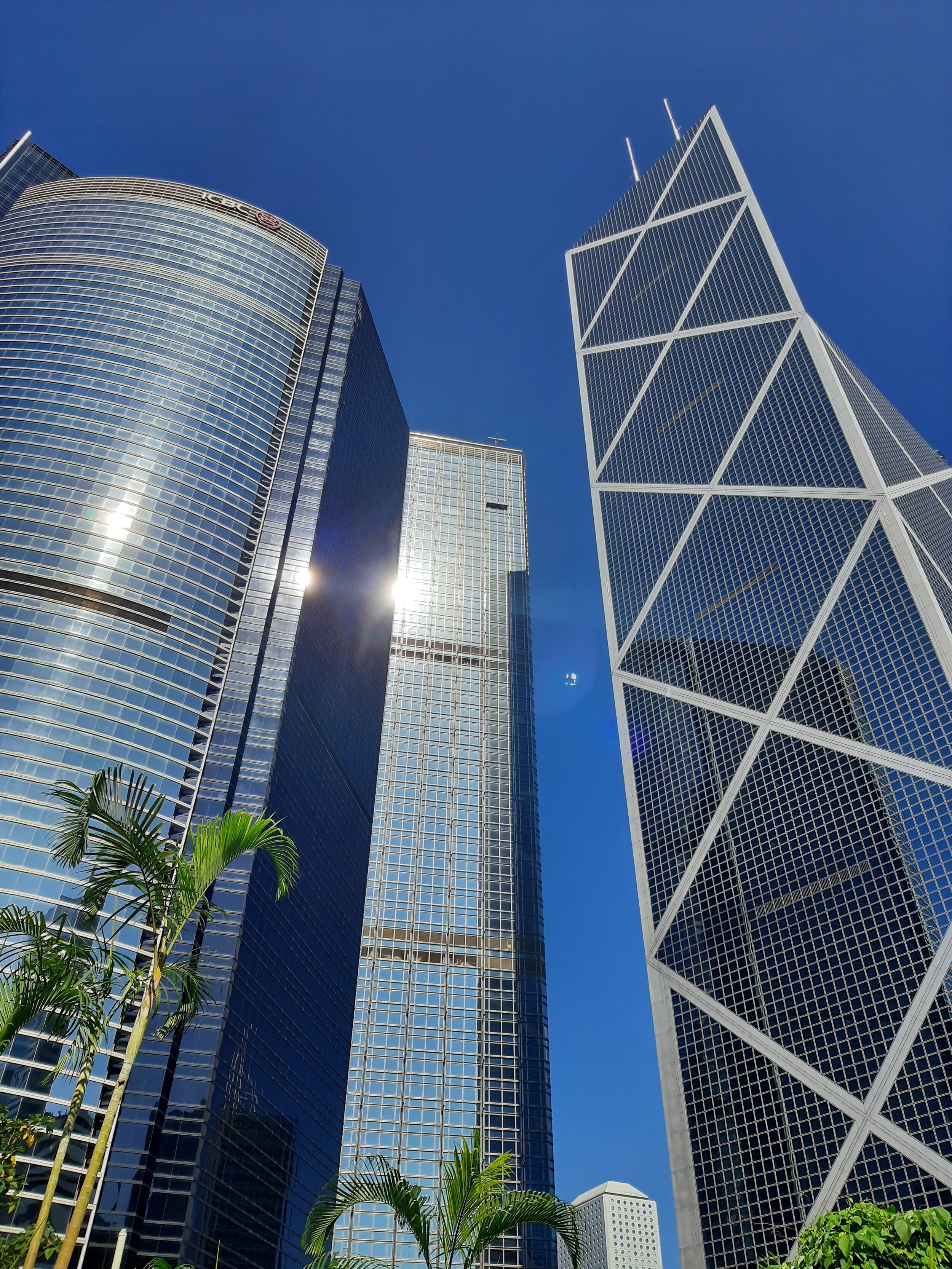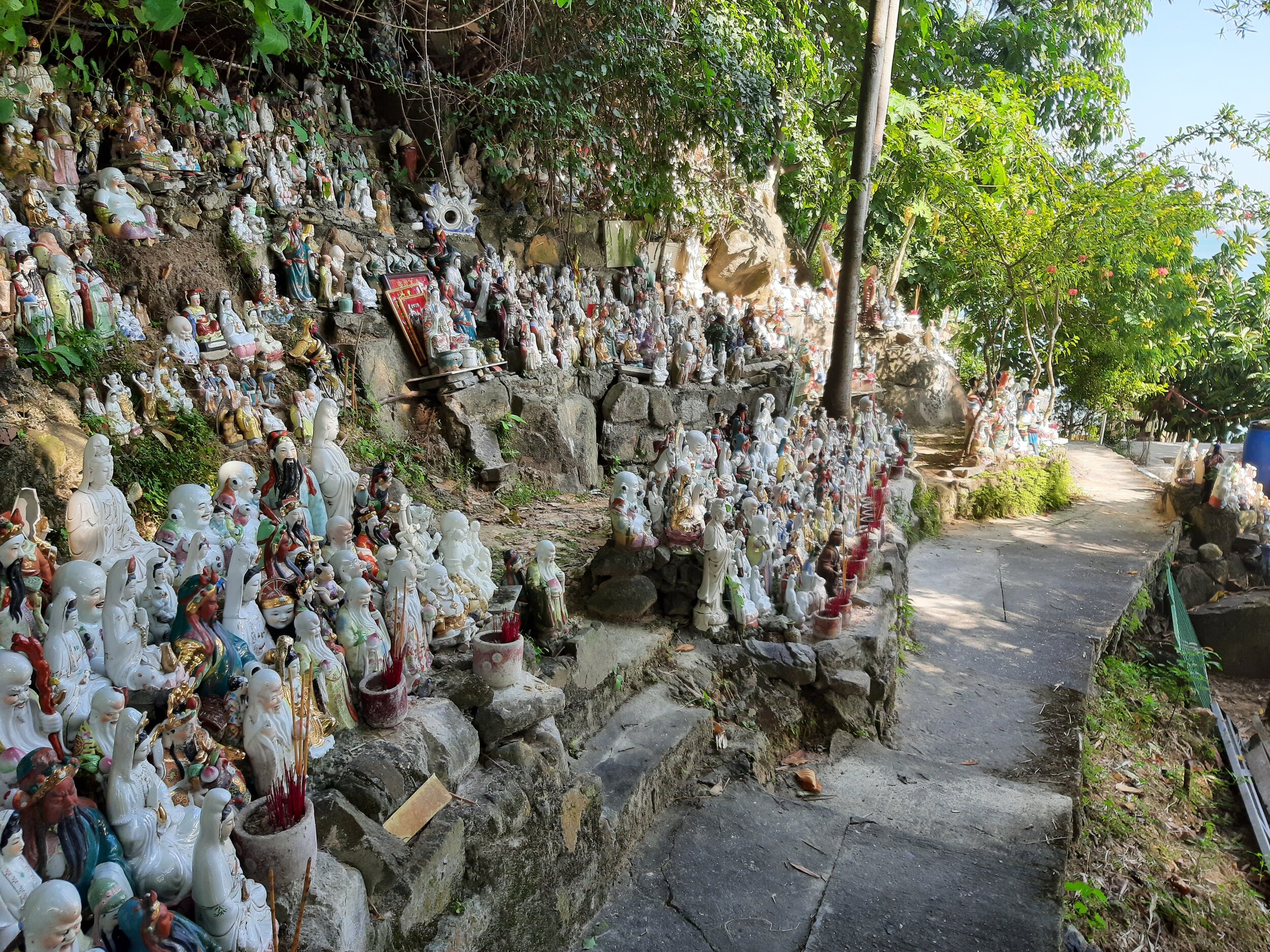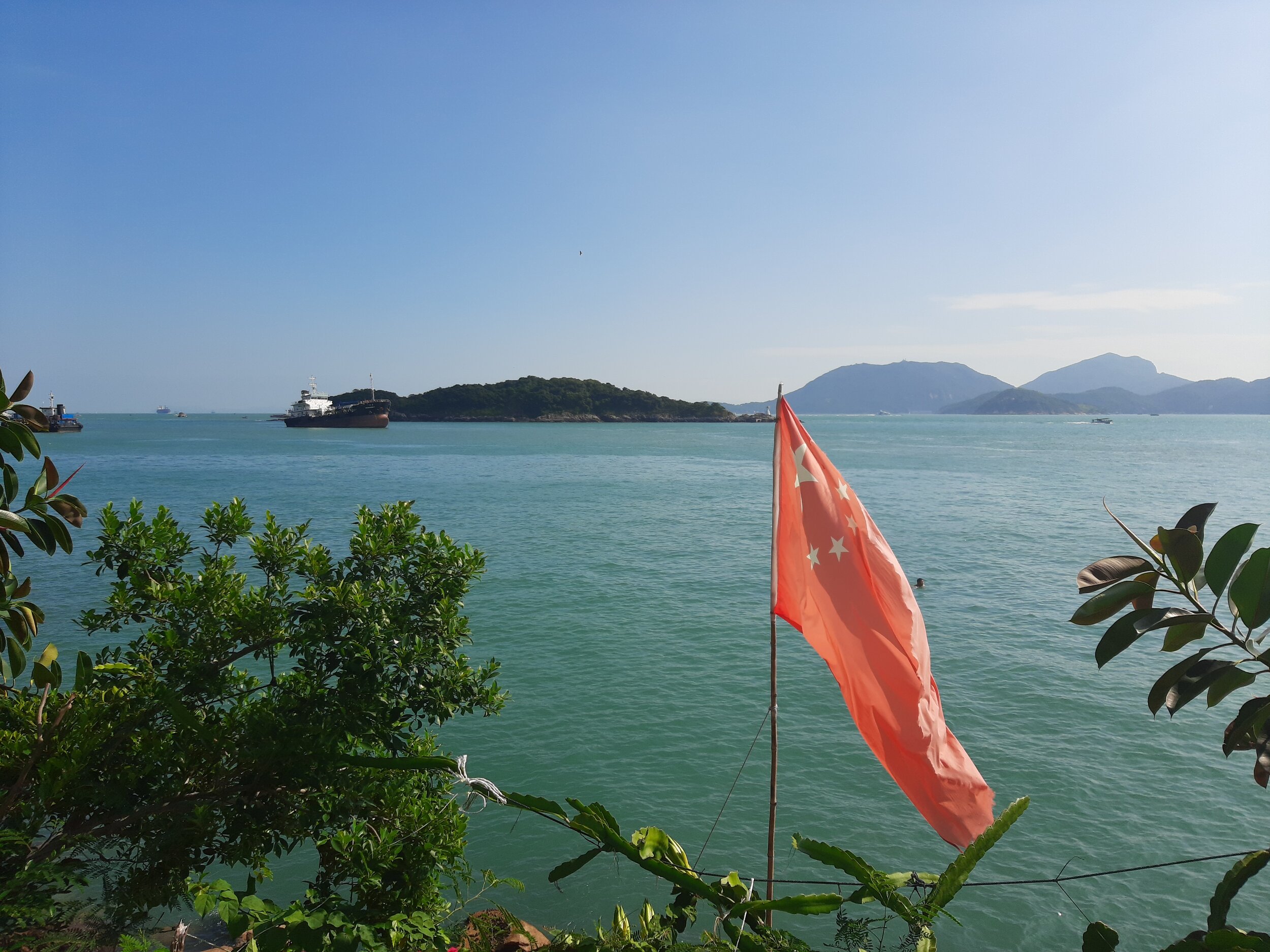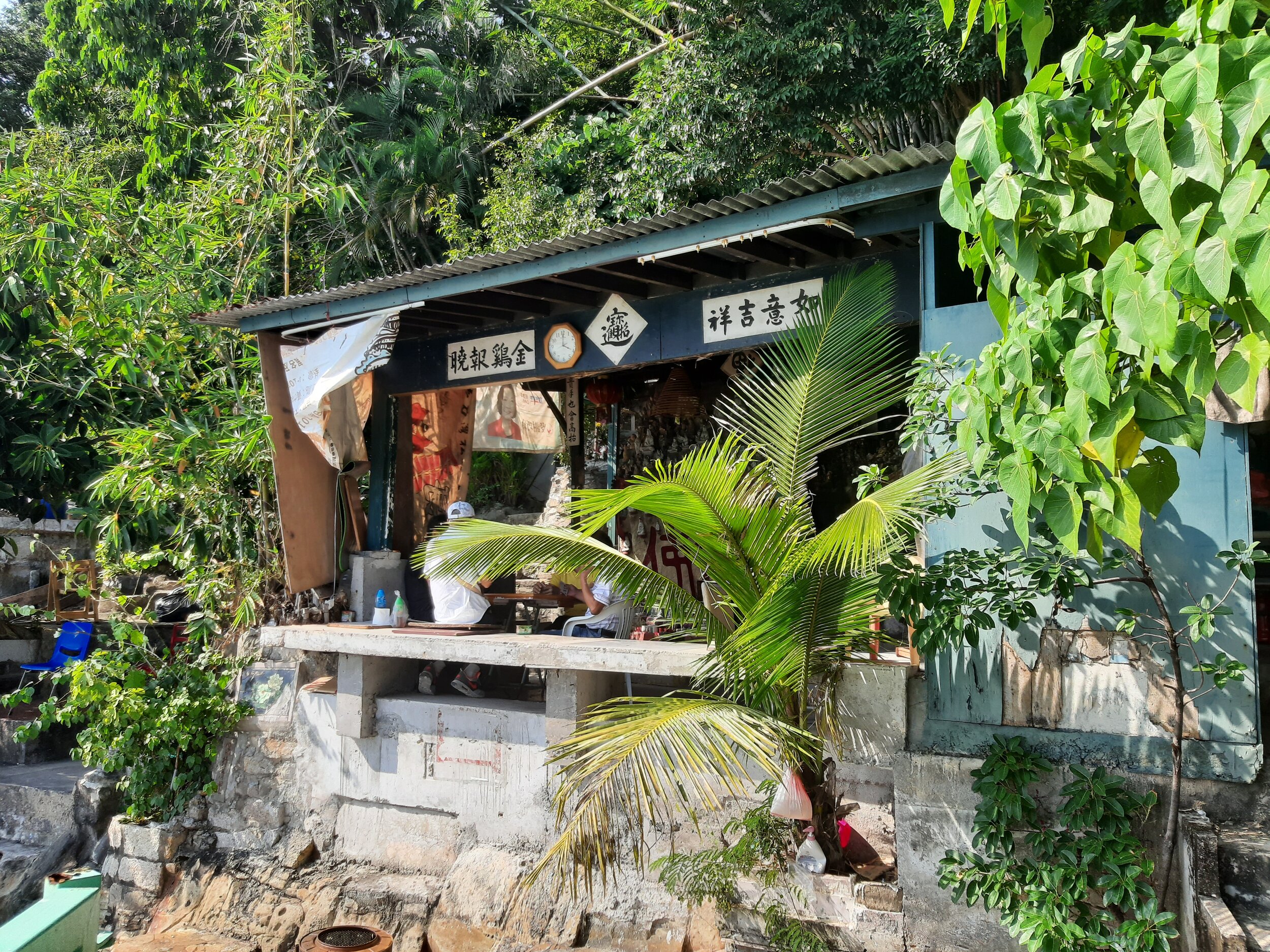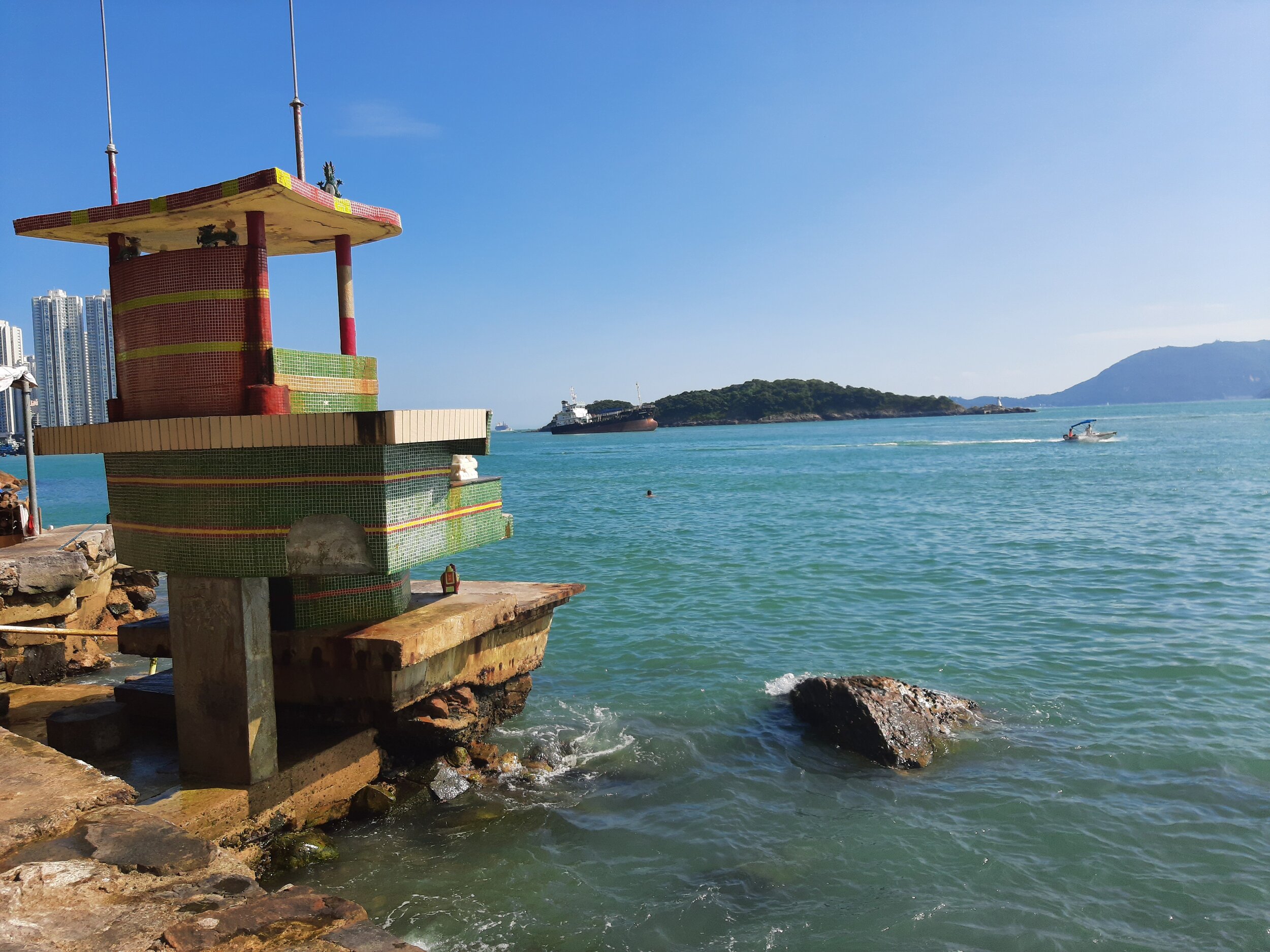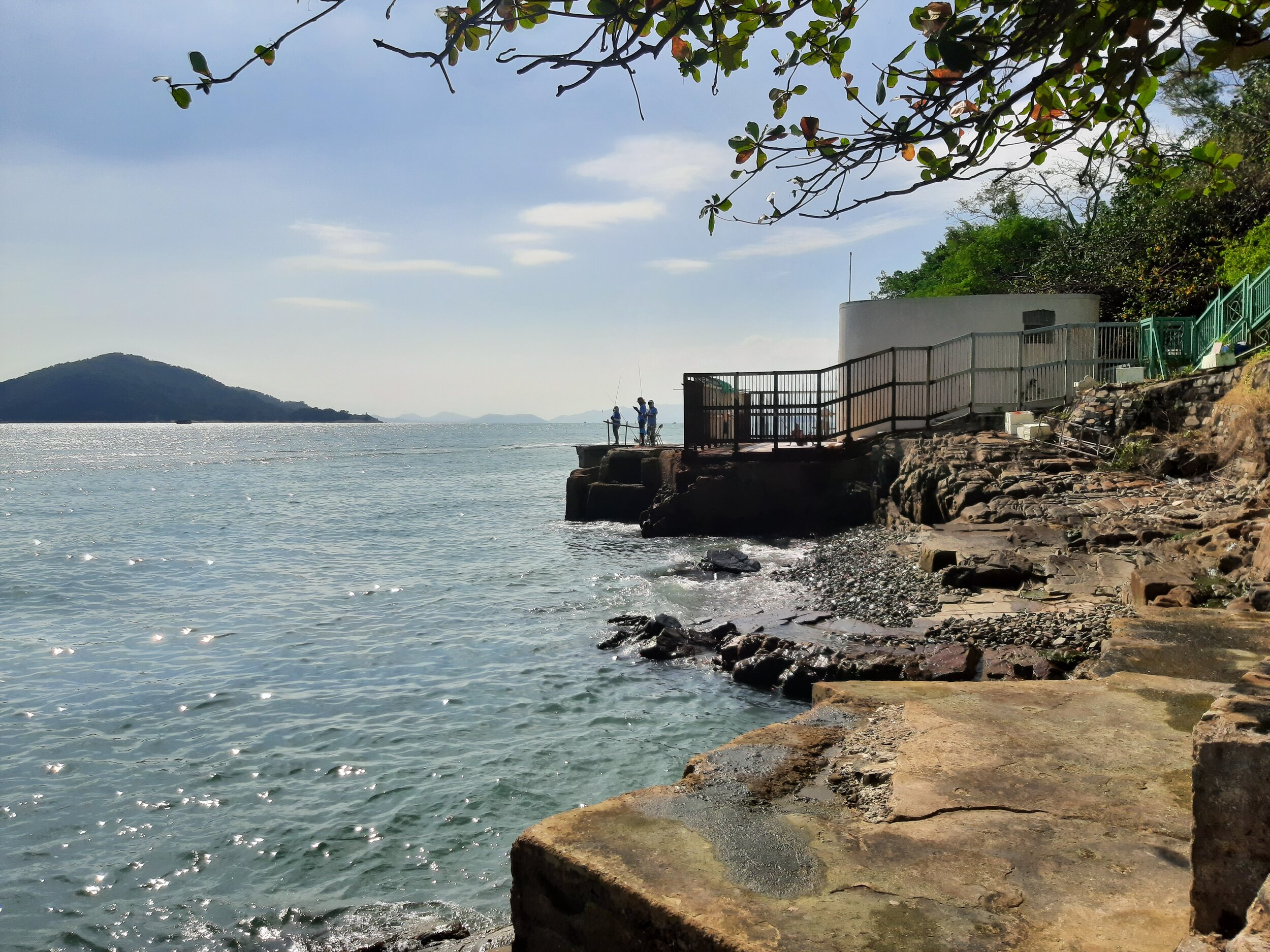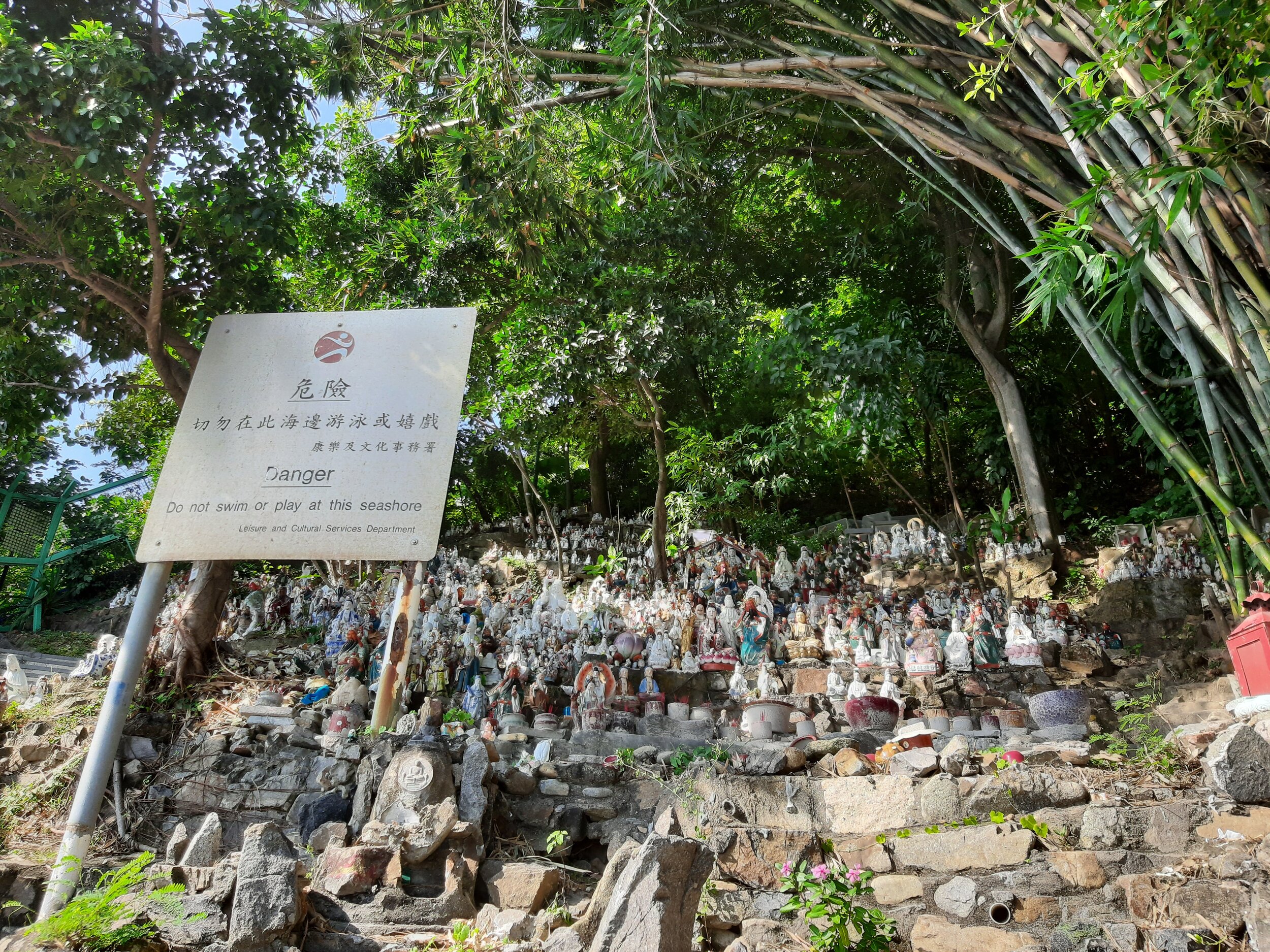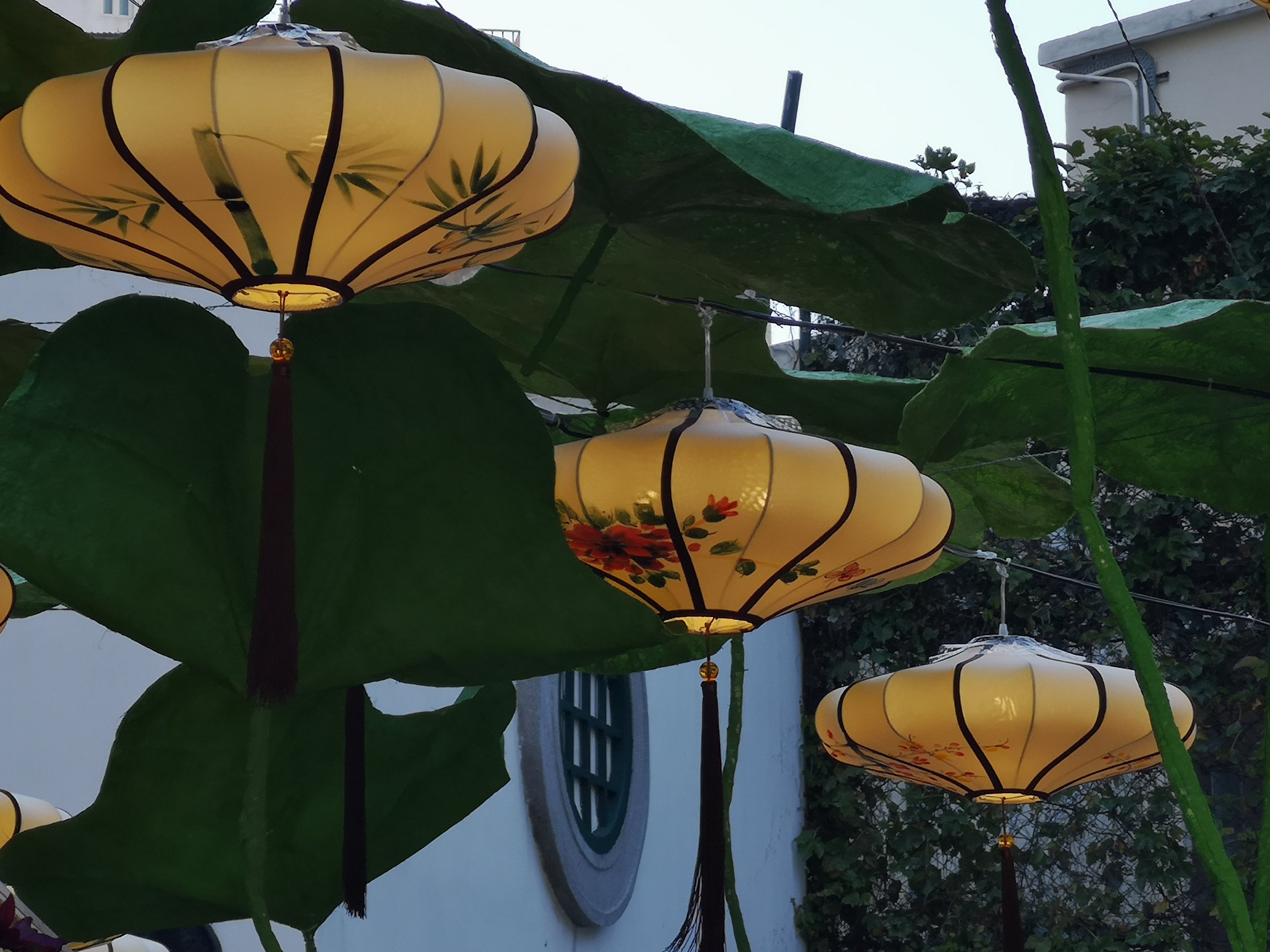I heard from a dear old friend, that some of the ancient faculty contracts with The University of Hong Kong contained a 3 months “home leave”. It assumed the “foreign” professors would retreat to London during the time of dreadful humid heat in South China, by means of a Lockheed Super Constellation via India or a ship through the Suez Canal. Compared with that, I was quick. But it was still my longest journey to Hong Kong. Actually, I still have not really arrived.
It started with the modern Airbus 340-300, operated by Lufthansa. Due to technical problems we had to abort boarding. They could neither mend it that night nor swap planes because of the night flight restrictions in Frankfurt airport. This meant a 16-hour delay and a night in a rather rundown nearby facility called Steigenberger Airport Hotel. Next day, the crew’s Covid tests had expired and had to be retaken. And as it sometimes happens a few of them turned out to be invalid and had to be redone again. This delayed the take-off for another 2 hours.
Arriving in Hong Kong, I found the airport was converted into something like a very professional field laboratory. Arriving passengers first had to scan a QRC with their smartphones and submit online a health declaration to the Department of Health. In return, you download a personal QRC which is your key through the process gates ahead. Next, you will get an electronic wristband, which you link to an App on your smartphone, again via QRC. Then you receive a lab sampling kit, watch a video explaining how to take a deep throat saliva sample and submit it. Thereafter you will be assigned a numbered chair and table in the former departure hall, grouped by planes. It looks like the setting of a huge exam and reminded me of taking “Abitur” (A-levels). There you sit 6 - 8 hours with a bottle of water and a few biscuits, waiting for the result. If negative, you go into quarantine for 14 days. When you arrived at your quarantine venue, you have to activate your wristband using your smartphone. Over the quarantine period, the smartphone app will alert you at random intervals (during daytime) to scan your wrist band and confirm your location. 12 days after commencing this, you have to submit another saliva sample by courier to a lab and wait until you are re-confirmed negative. Then you are free to go. If you don’t have a permanent residence in Hong Kong, you are supposed to check into a government-approved quarantine hotel. In my case, I choose a place in Wanchai, where it is easy to live of “Foodpanda” (a food delivery service) from the local restaurants and grocery stores which also use that service. You are not supposed to leave your room at any time.
It is a nice hotel on Hennessy Road. The staff is doing everything to make the stay as comfortable as possible. You will be greeted by somebody in full protective gear, with mask, gloves, face shield and disinfectant. It’s a government requirement and we joked about that I never before felt so much like being a biohazard. All deliveries will be contact-free and put in front of your door immediately. Once a day, you have to submit your body temperature, which was 36.4 °C today for me. You are of course not allowed to receive any guests.
Being locked in a room for 2 weeks is not something you are looking forward to. And I can’t say yet, how I will cope with it, as I am just now on day 1 of 14. But I am having for work and entertainment my laptop, a paperback of Evelyn Waugh’s The loved One (which I received as a gift before leaving Germany), and my Kindle book reader. I am, just now, listening to Marie Lafôret “Manchester et Liverpool”, as I write this, and having an instant coffee with milk powder. Life is good.
For exercise, I have been looking at inmate’s forums in the “Darknet”, exchanging ideas on how to exercise and keep fit in prison cells under solitary confinement. You see, the dark internet is not as dark as some might imagine. Neither is quarantine. I guess most of you have been in a prison at some time in your life, at least at a young age. Otherwise, I would consider you as boring and uninspired.
I also have a few comments to those fellow passengers who complained during the exhausting trip. Firstly, it is better to change an aircraft than to fly intercontinental with a technical defect which is classified critical.
Secondly, it is better to have night flight restrictions at Frankfurt airport and not to swap planes at night - putting a bunch of people into a (bad) bed, instead of waking up thousands. One was yelling at ground staff: “Lufthansa, has thousands of planes on the ground now! And you can’t get us a working one! How incompetent! Corona! … blablabla!”. I really admire how they take this bullshit with a smile. I could never do their job but probably would have taken him to the men’s room for a “chat”.
Thirdly, invalid Covid-Tests have to be retaken and the lab process takes a certain time. Otherwise, why do we take them at all? I know: “Nothing is impossible!!!”. Well, sorry to tell you: it is. This comment came from a typical “corporate style” business class passenger, who probably does not even know how a virus works and thinks a DNA is an abbreviation like ASAP (As Soon As Possible), meaning “Do Not Answer” (DNA), or something, perhaps USA - who cares?
And sure, yes, it was long waiting for Covid test results on a plastic chair in Hong Kong International Airport. I agree the biscuits were bad. But again: it is what it is. Quick tests have no approval yet. And the reason is, that we don’t know how well they work. Not everything which is annoying is based on “incompetence”. No, it is here even based on competence. Seriously. Doing it “quick and dirty”, we leave to the 80 / 20 people. These are the ones doing 20 % of the task to get praise, then throw 80 % of the shit at the others to get the blame. That’s “American style”. We don’t do that in Hong Kong. Look at the infection numbers to see the difference.
Finally, one fellow complained about “personal data protection” and resisted to submit to “Big brother”. Well, first of all, Hong Kong is a “Small brother”. And then, Covid-19 is a contagious disease, spreading easily. It’s not only your private matter. You can have your heart attack just for yourself. But this one is different.



